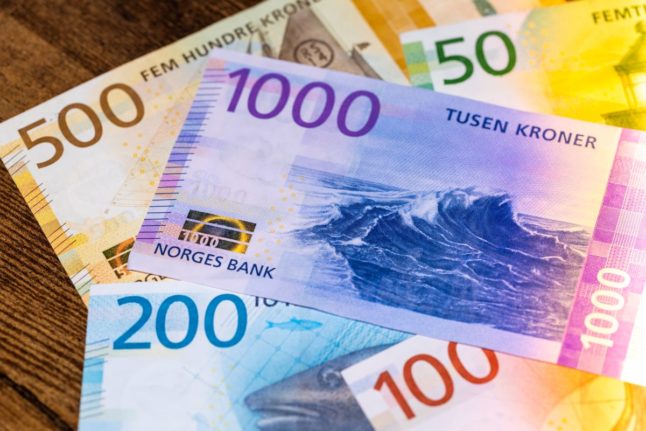Central banks around the world have struggled to rein in inflation despite numerous interest rate hikes since the end of the Covid pandemic.
“We think it could be quite difficult to bring down global inflation,” said Nicolai Tangen, CEO of Norges Bank Investment Management, on Wednesday.
Manufacturing costs have been rising amid a global push for “nearshoring”, where goods are produced closer to their consumers, Tangen said.
In addition to that trend, “the new thing here is the climate effects, that is to say, the link between the climate and inflation,” he said, pointing to rising food costs.
“More expensive olive oil, potatoes, beef, all these things and that fuels inflation,” he said. “What’s new is that (the climate) is also affecting productivity.”
Tangen cited a summer “in Europe this year so hot that you can’t work in the middle of the day”, as well as increasingly extreme weather events that
dissuade tourists.
“And then there’s nothing going on in the stores… We shut down parts of society during certain periods due to the climate,” he said.
July 2023, marked by heatwaves and fires around the world, was the hottest month ever registered on Earth, according to the EU’s climate observatory Copernicus.
Tangen was presenting half-year results for the Government Pension Fund Global, the world’s largest and valued at 15.3 trillion kroner ($1.46
trillion) at the end of June.
The fund, paradoxically fuelled by the Norwegian state’s oil and gas revenues, has made climate change one of its main priorities, making demands on the companies in which it invests. The fund invests primarily in stocks but also in bonds and real estate around the world.
It earned 1.5 billion kroner ($143 billion) in the first half of the year, boosted by the strong financial market, in particular tech stocks with investors buoyed by developments in artificial intelligence. With shares in more than 9,000 companies, the fund controls around 1.5 percent of the world’s market capitalisation.



 Please whitelist us to continue reading.
Please whitelist us to continue reading.
Member comments